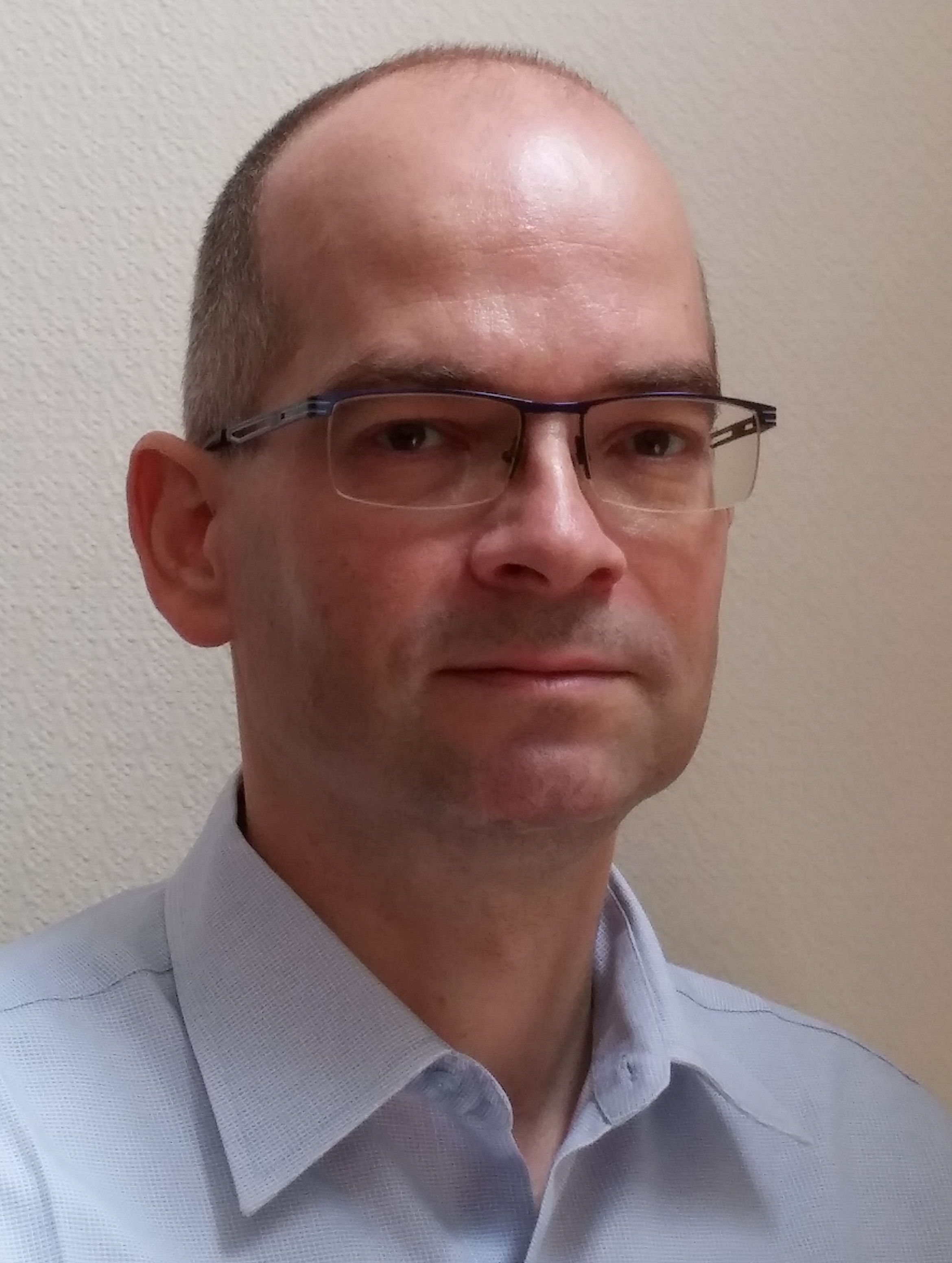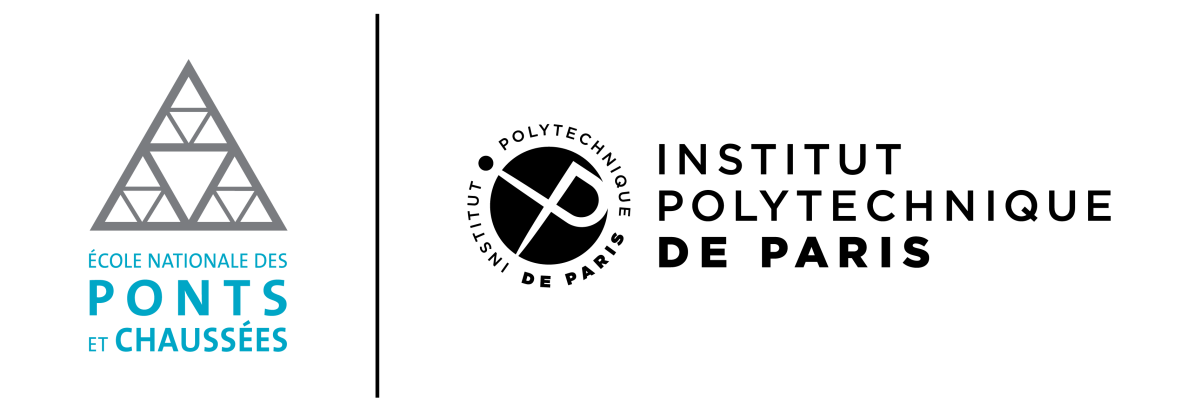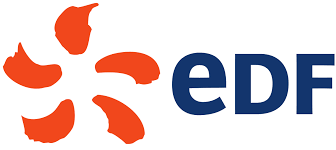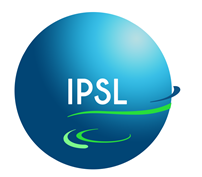Projects
I am involved (as PI, WP, or task leader or participant) in the following projects (not exhaustive):
- ARGONAUT, funded by ANR
The project Argonaut, is lead by Gaëlle Dufour from LISA, Créteil France, 2020-2023. The project is focused the characterisation and estimation of conventional pollutants and greenhouse gases emissions using high-resolution space observations. The partners are LISA, LSCE, CEREA and INERIS. Pierre Vanderbecken works on the project at ENPC/CEREA, and specifically on nonlocal metric to identify then characterise urban plumes of greenhouse gases.
- Inverse modelling of radionuclides emissions, funded by IRSN
This project is led by Olivier Saunier from IRSN and myself, 2018-2021, and funds a PhD fellow (Joffrey Dumont-Le-Brazidec). The project is focused on the inversion of radionuclide sources from atmospheric radionuclides measurements (Fukushima accident, Ruthenium-107 incident), using Bayesian and uncertainty quantification methods. A special emphasis is put on model error and accounting for it in the inverse problem.
- CoCO2, funded by the H2020 program of the European Commission
This project is in support of the European Copernicus program for the monitoring of greenhouse gases over Europe, and in particular CO2. Inverse modelling is one of the key tools employed in the project to estimate the CO2 emissions. The PI of the project is the ECMWF, over 2021-2023. Joffrey Dumont-Le-Brazidec is the postdoc fellow in charge of this research project at ENPC/CEREA. He specifically works on efficient, and yet advanced techniques to estimate the emission from urban CO2 plumes.
- SASIP: The Scale-Aware Sea Ice Project
The Scale-Aware Sea Ice Project aims to develop a truly innovative, scale-aware continuum sea ice model for climate research; one that faithfully represents sea ice dynamics and thermodynamics and that is physically sound, data-adaptive, highly parallelised and computationally efficient. SASIP will use machine learning and data assimilation to exploit large datasets obtained from both simulations and remote sensing. It is funded by the Eric and Wendy Schmidt foundation via their VESRI institute. Tobias Finn (Postdoc fellow) and Charlotte Durand (PhD student) work at ENPC/CEREA on the adaptation of data assimilation and machine learning to the difficult problem of the numerical modelling of sea-ice in climate models.
- PECO2: Partnership for Operational Oceanography
The PECO2 project aims to share advanced knowledge and experiences in operational oceanography accumulated through projects involving partners from South-Africa, China, France, India and Norway and develop this into a collaboration platform in support to education and training in operational oceanography and marine services. It is a training program for students and young researchers in oceanography. The PECO2 project is funded by the Research Council of Norway INPART program for 3 years from 2021 through 2023.
I have been PI of the following projects:
- INSU/LEFE/MANU Dave project
Animation of the French effort on the development of ensemble variational methods (EnVar), with LMD, Météo-France, LEGGE, and participations of the MetOffice and LOCEAN, 2014-2017.
- R2DS: Air quality network design
Reseach on the optimal design of air quality monitoring network, funded by Region Ile-de-France and the R2DS research network, 2008-2011.
- MSDAG: Multiscale data assimilation in geophysics
Reseach on multiscale data assimilation for the geosciences, with the INRIA Fluminance team, the LJK/INRIA Moise team and the LSCE, funded by the Freanch Research Agency (ANR), 2009-2012.



